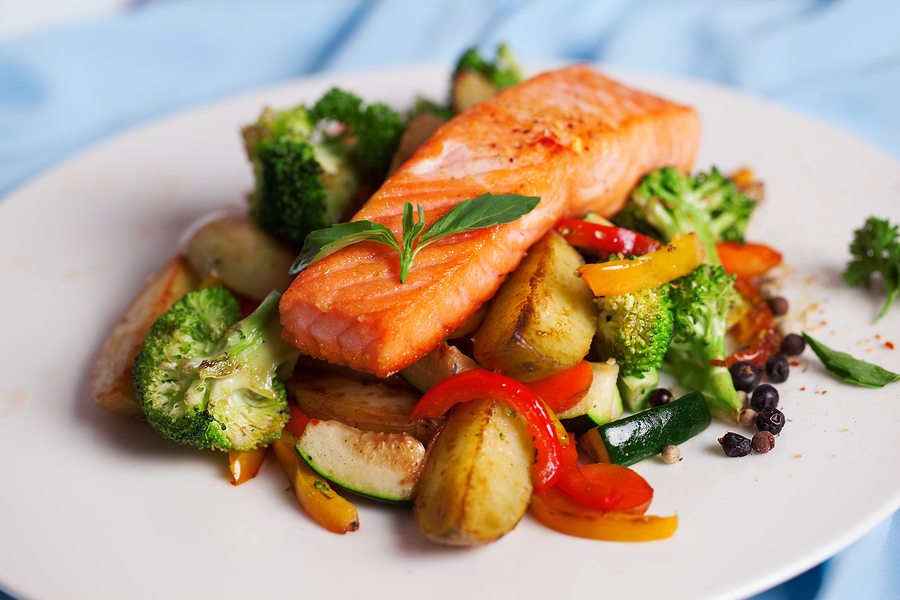3 Ways to Prevent Bacterial Food Poisoning in Seniors
Bacterial food poisoning can cause serious health problems in elderly adults, from dehydration and bacterial meningitis to a coma or even death. Family caregivers along with elder care aides need to establish food preparation and serving habits to reduce the risk of their elderly loved one getting food poisoning. There are three important ways to prevent bacterial food poisoning in seniors.

Home Care Services in Bridgehampton NY: Tips To Prevent Bacterial Food Poisoning
1. Wash and Clean Frequently
The bacteria that causes food poisoning infects the food and then spreads once it is in the body. The best way to prevent the problem is to stop the bacteria from getting on the food in the first place. This requires caregivers to wash their hands well with soap and warm water before touching any food. Any utensils or tools used to prepare food—like knives, cutting boards, countertops and containers –should also be washed well.
Washing unpeeled fruits and vegetables well before serving them is another way to reduce the risk of bacteria getting into the body. Fruits and vegetables should be rinsed out under running tap water and dried with a clean cloth. Another tip is to ensure that can openers are cleaned frequently as the opening device can transfer bacteria into the food as it sits in the can.
2. Avoid Cross-Contamination
When bacteria are spread from one type of food to another, it is known as cross-contamination. The biggest culprits are usually raw eggs, raw meat, raw poultry and raw seafood. These foods often harbor bacteria in their juices and if the non-contaminated food comes in contact with the infected food, it spreads rapidly.
To avoid cross-contamination, caregivers should never re-use containers, cutting boards or knives that have touched possibly contaminated food. They should use newly cleaned items instead. When grocery shopping or storing raw meat, seafood, eggs and poultry, family caregivers should always keep the items separated from other food and wrapped in plastic, if possible.
3. Proper Cooking Techniques
When food is undercooked, the bacteria that would normally be killed off can still survive. Food thermometers can be used by caregivers to ensure that the cooked food has reached safe minimal internal temperatures. For example, ground beef should heat to at least 160 degrees Fahrenheit while poultry should be 165 degrees Fahrenheit. There are many charts and graphs that help caregivers learn what the proper internal temperatures are. The food thermometer is the most accurate way to tell if food is properly cooked.
Seniors should avoid eating raw or undercooked food such as eggs, meat, seafood, unpasteurized milk and more. Leftover food should be refrigerated immediately to prevent bacteria from growing. No food should be stored in the danger zone—40 degrees Fahrenheit to 140 degrees Fahrenheit—as this is prime conditions for bacteria. When reheating food, caregivers should make sure it is thoroughly heated all the way through.
With careful planning and attention to detail, family caregivers can develop good kitchen and meal prep habits that will greatly reduce the risk of bacterial food poisoning for their aging loved one. They can also educate elder care aides, other family members and helpful friends and neighbors on the importance of food safety for elderly adults.
If you or an aging loved one is considering home care services in Bridgehampton, NY, call the caring staff at Artful Home Care today at 631-685-5001.
Source:
https://www.fda.gov/Food/FoodborneIllnessContaminants/PeopleAtRisk/ucm312705.htm
- The Hidden Safety Benefits of an Organized Home - April 3, 2025
- Artful Home Care Presents Planning Your Legacy: An End-of-Life Strategy Session - March 27, 2025
- Celebrate National Garden Month with Your Senior - March 19, 2025

